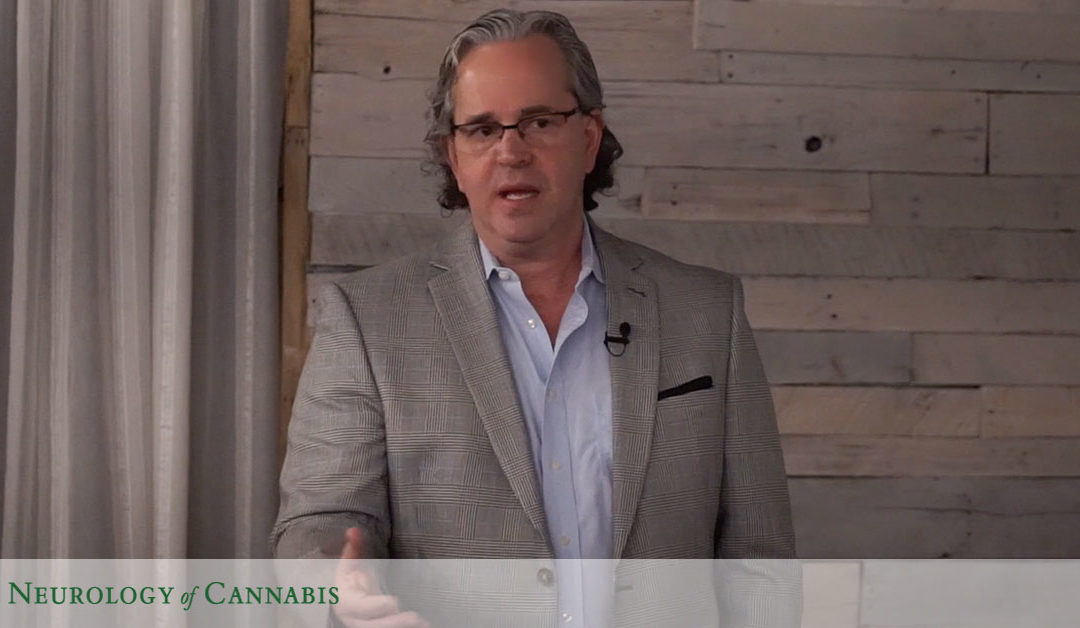For more than five decades, if a researcher wanted to study some aspect of cannabis in the United States, federal law dictated that the cannabis was sourced from the National Center for the Development of Natural Products at the University of Mississippi. Unfortunately, because this single source of cannabis didn’t accurately reflect the wide variety available to medical cannabis patients, there has been limited valuable research – at least here in the United States.
However, a recent change at the DEA has scientists excited about the possibilities for broader research in the United States and what it may mean for medical marijuana patients. Dozens of organizations have received preliminary approval from the DEA to cultivate cannabis for research purposes.
The Background
In 2020, an Arizona research institute filed a lawsuit to get answers regarding why the federal government only allowed cannabis from a single location. The lawsuit claimed the marijuana from the University of Mississippi is “junk, ill-suited for clinical trials, and genetically closer to hemp than the marijuana available from dispensaries and used by Americans nationwide.” They further claimed that “This marijuana sabotages clinical research and makes it impossible to do rigorous clinical trials with medical marijuana in the United States.”
On May 14, 2021, the Drug Enforcement Administration (DEA) made a pivotal decision to increase opportunities for medical and scientific research regarding cannabis. The DEA will soon complete its review of marijuana grower applications, a move towards allowing other entities to produce marijuana for research and clinical study purposes.
Although final approval has not yet been given, the DEA has determined that most manufacturers’ applications to cultivate marijuana appear to be consistent with applicable legal standards and relevant laws. Therefore, the DEA has provided a Memorandum of Agreement (MOA) to these manufacturers to move them along the approval process. The MOA dictates how the applicant and DEA will work in concert to facilitate the production, storage, packaging, and distribution of cannabis under the new regulations that were finalized in December of 2020. The DEA drafted the new regulations in response to those organizations asking to register to grow cannabis for research purposes.
Under these and other relevant regulations, applicants must demonstrate they have met cited requirements – including requirements to obtain appropriate state authority, document that their clients are licensed to perform research studies, and enact necessary safeguards to avoid diversion.
Once the regulations have been satisfied, each applicant will be authorized to grow a specified amount of marijuana which they can then provide to the 575+ DEA-licensed researchers across the country. As individual manufacturers are awarded registrations from the DEA, they will be recorded on the DEA’s Diversion Control website.
What It Means
With the DEA allowing new manufacturers to cultivate marijuana for research, scientists are looking forward to more in-depth studies being performed here in the United States. One of the pervasive problems in the medical cannabis industry has been the lack of comprehensive studies proving the medicinal benefits of cannabis across a wide range of illnesses. With this gradual loosening of the restrictive ties around the Schedule 1 drug, insiders hope that not only studies but acceptance and availability of medical cannabis will continue to increase.
Dr. Daniel P. Stein is a renowned expert and sought-after speaker in the field of medical cannabis. Call Neurology of Cannabis today at 941-200-3412 for more information or a consultation.

